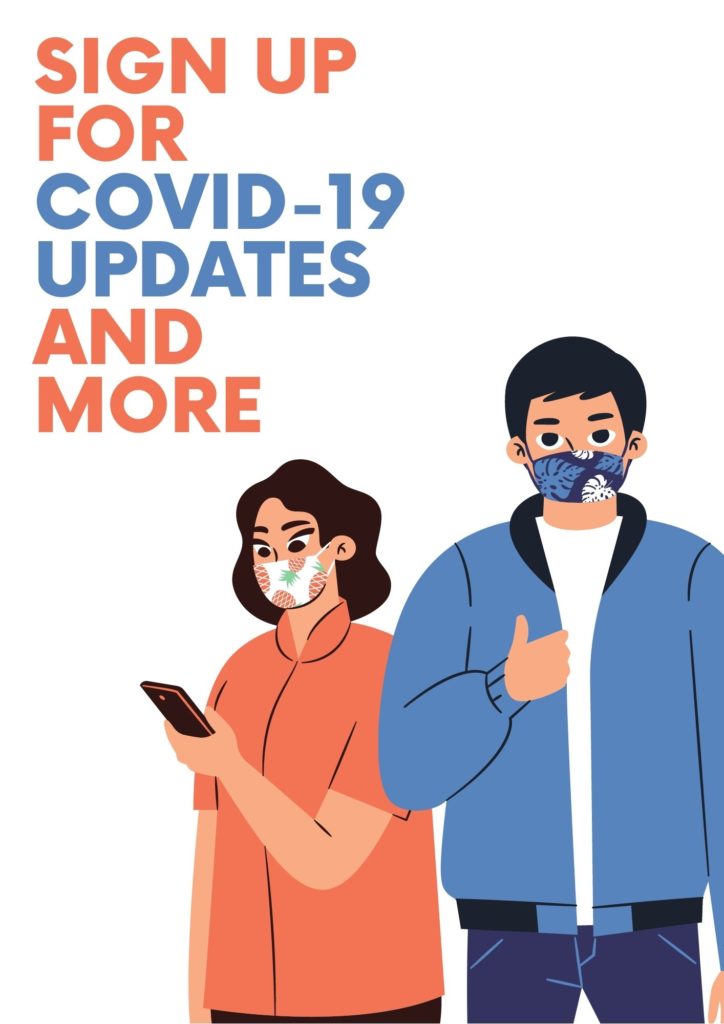There are several potential vaccines for COVID-19 in the later stages of phase III trials. If one or more is approved and authorised as safe and effective by the Medicines and Healthcare Regulatory Authority (MHRA), the NHS has stated in a letter that it will want to begin vaccination, fully deploying whatever scale of supply may be available.
Cambridge University Hospitals told staff members last week that it would begin vaccinating them “from next week using the Pfizer vaccine,” according to an internal email, outlining a plan for booking appointments, reported The New York Times.
In the same news report, it was noted that the job of evaluating AstraZeneca’s vaccine for emergency use will place the MHRA “in the middle of a thicket of difficult questions.”
The University of Oxford- developed vaccine, would be Britain’s leading homegrown vaccine and “the government’s foremost symbol of its scientific prowess during a pandemic that has laid bare many of the country’s weaknesses.” The news report said that the prime minister’s office went so far as to explore printing the Union Jack flag on vaccine injection kits, HuffPost U.K. reported.
Cambridge’s NHS Trusts’ research teams have already played a vital part in the drive to find a Covid-19 vaccine as a site for the Oxford Vaccine Trial which reported promising interim results. CUH, Royal Papworth Hospital and CPFT worked together to recruit more than 400 members of NHS staff who are participating in the trial.
However, the latest advice available to the NHS indicates that the very earliest that they will have the first vaccine approved [for non-trail participants] is early December, which could be slightly ahead of the US, where regulators plan to make a ruling no sooner than the 10th of December.
A national distribution service will purchase and deliver all necessary supplies, including PPE and critical clinical and non-clinical consumables, to vaccination sites across the country.
“This integrated logistics and supply chain will ensure each site has PPE, syringes and disposables to offer vaccinations 7 days a week, 12 hours per day, including bank holidays. The list of products included within scope will be provided, local procurement of supplies not specified should continue as normal,” the NHS stated.
If you have further questions about vaccine studies please visit the National Institute for Health Research’s (NIHR) Be Part of Research website at www.bepartofresearch.nihr.ac.uk/vaccine-studies.
Whether health and social care workers should be prioritised above, alongside, or below, persons at highest risk from COVID-19 would depend on the characteristics of the vaccines when they become available and the epidemiology of disease at the time of delivery.
An interim ranking of priorities is a combination of clinical risk stratification and an age-based approach, which should optimise both targeting and deliverability, said the Department of Health and Social Care. A provisional ranking of prioritisation for persons at-risk is set out below:
- older adults’ resident in a care home and care home workers
- all those 80 years of age and over and health and social care workers
- all those 75 years of age and over
- all those 70 years of age and over
- all those 65 years of age and over
- high-risk adults under 65 years of age
- moderate-risk adults under 65 years of age
- all those 60 years of age and over
- all those 55 years of age and over
- all those 50 years of age and over
- rest of the population (priority to be determined)
The prioritisation could change substantially if the first available vaccines were not considered suitable for, or effective in, older adults, said the government.



